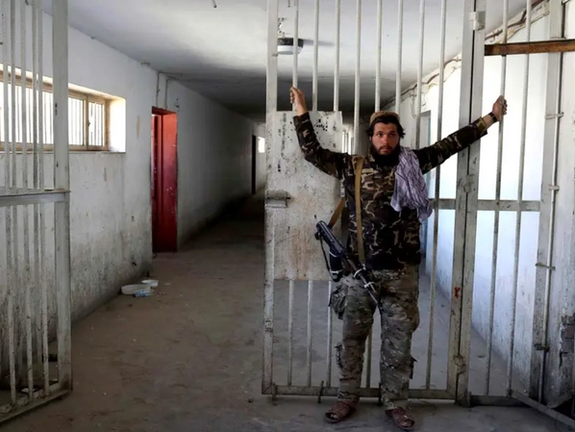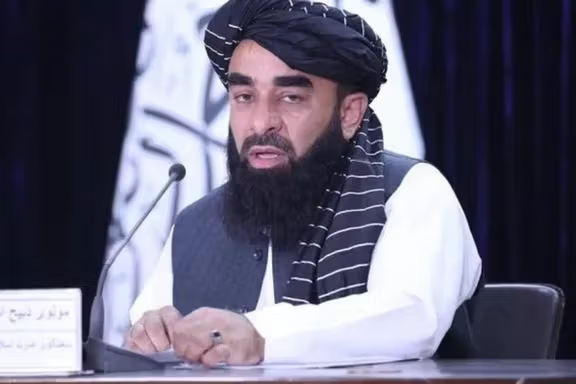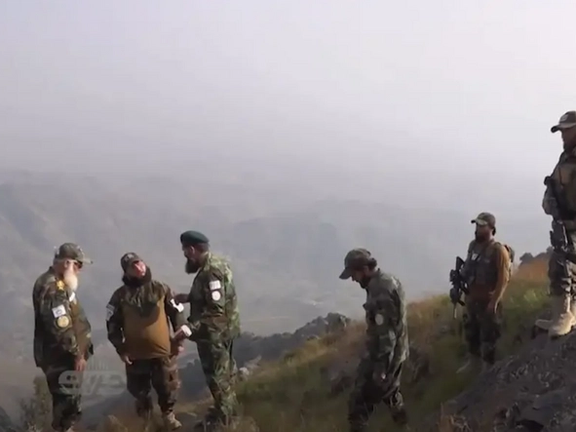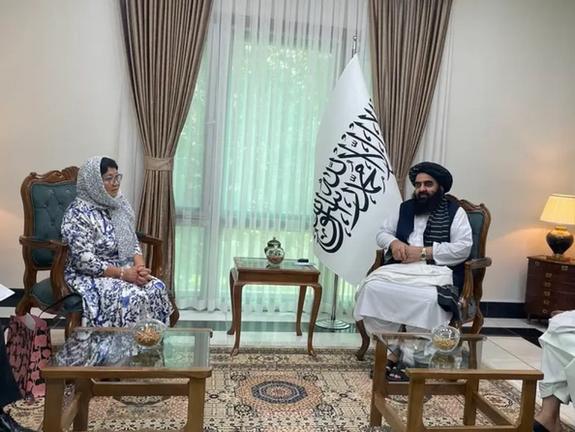A Taliban commander said that these border outposts have been built under the orders of the group’s Ministry of Defence.
Qari Meraj, the commander of the Taliban border brigade in Nangarhar, told Radio Hurriyat that the communication routes of these checkpoints have been built and other border patrol facilities are ready for operation.
The announcement comes following a series of border tensions between Pakistan and the Taliban on the eastern borders of Afghanistan.
Meraj did not mention the skirmishes, but stressed that the Taliban forces "will not allow anyone to invade".
Taliban commanders have claimed that during the previous government in Afghanistan, Pakistanis did not allow these outposts to be built.
According to them, during the previous regime, the border checkpoints were constructed 15 kilometres behind the border zero points.
Recently, Pakistan's Foreign Ministry announced that the Taliban have constructed a border post "within their territory," and they have been urged to cease such activities.
Earlier, following the Taliban's attempt to build an outpost in Torkham, a skirmish occurred between the border forces of the two sides, and caused the closure of Torkham border crossing.
Pakistani officials said that the outpost was being built inside Pakistan and Pakistani forces intervened to prevent it from happening. However, the Taliban claimed that the outpost was situated on Afghan soil.
Earlier, Fasihuddin Fitrat, Taliban’s chief of staff had said that the group has built nearly 600 border posts near the borders of neighbouring countries, and the group's border guard forces have increased by 44 percent.
According to him, 20 provinces of Afghanistan share a border with six neighbouring countries, and 600 border guard posts have been established within the framework of 63 units of border forces to respond to security challenges.
In the last two years, Taliban fighters have repeatedly clashed with the border guards of neighbouring countries. Most of these conflicts have occurred on the western borders with Iranian forces and on the southern and eastern borders with Pakistani forces.






